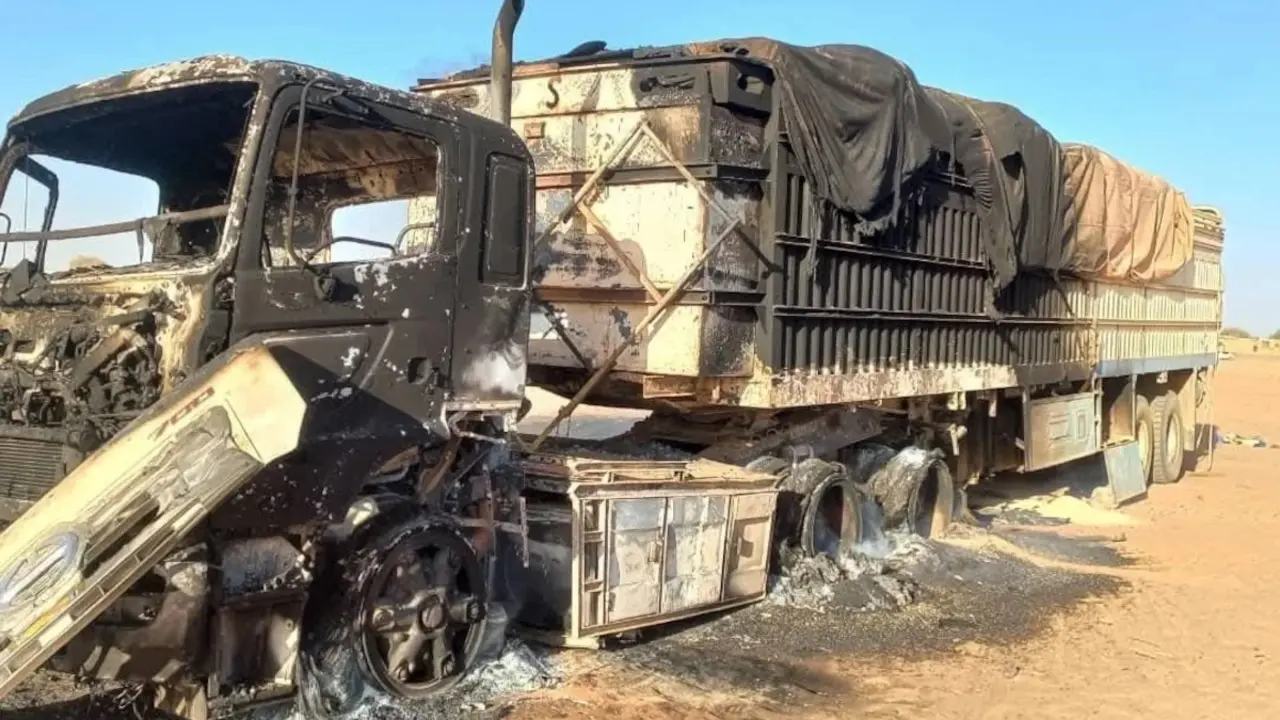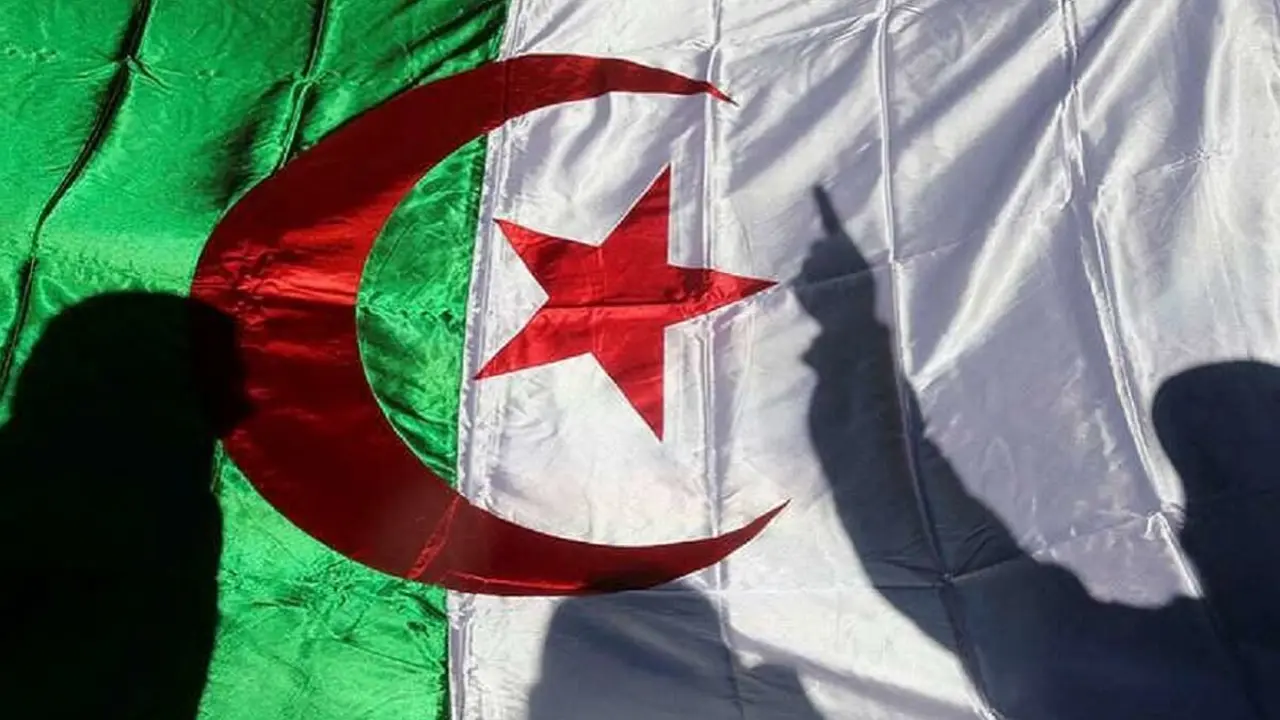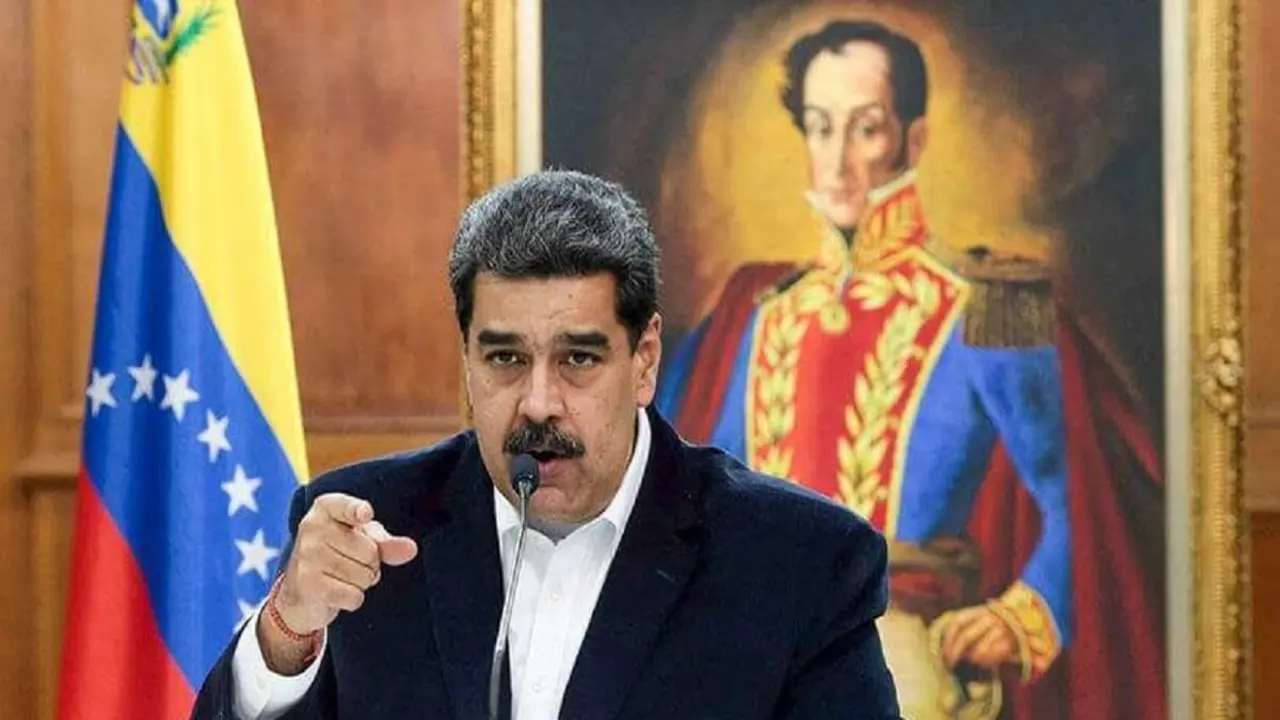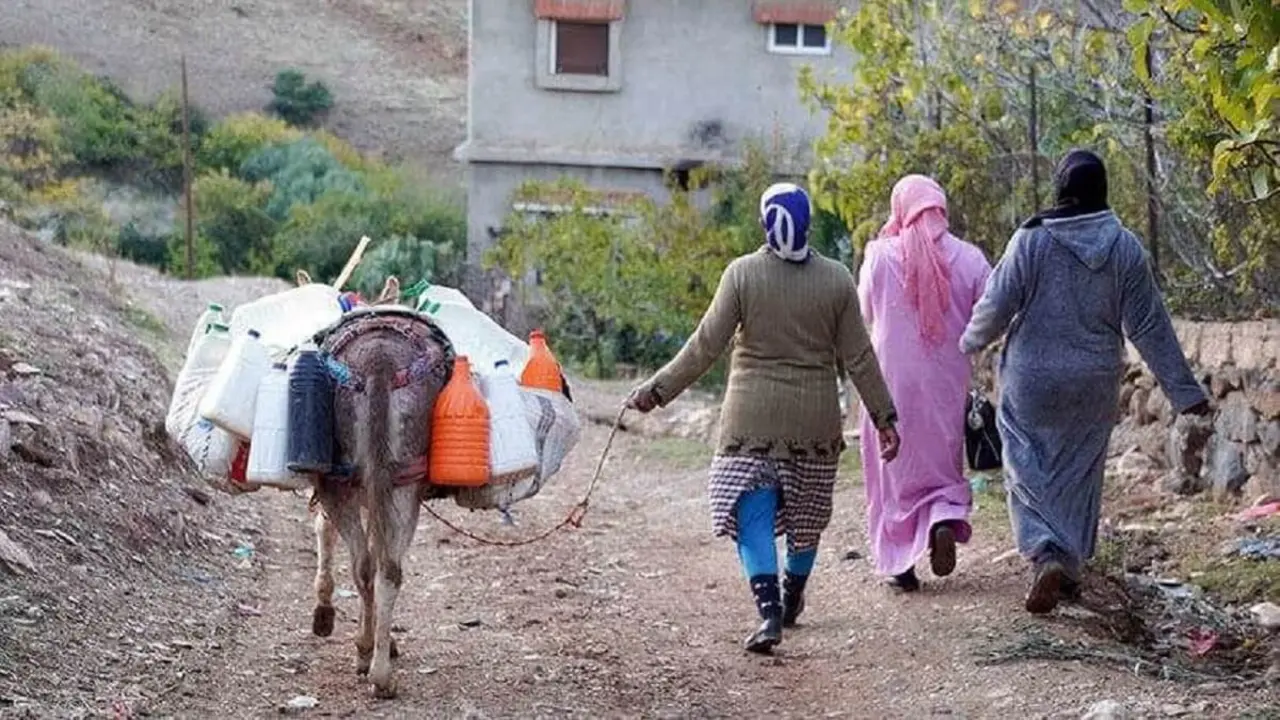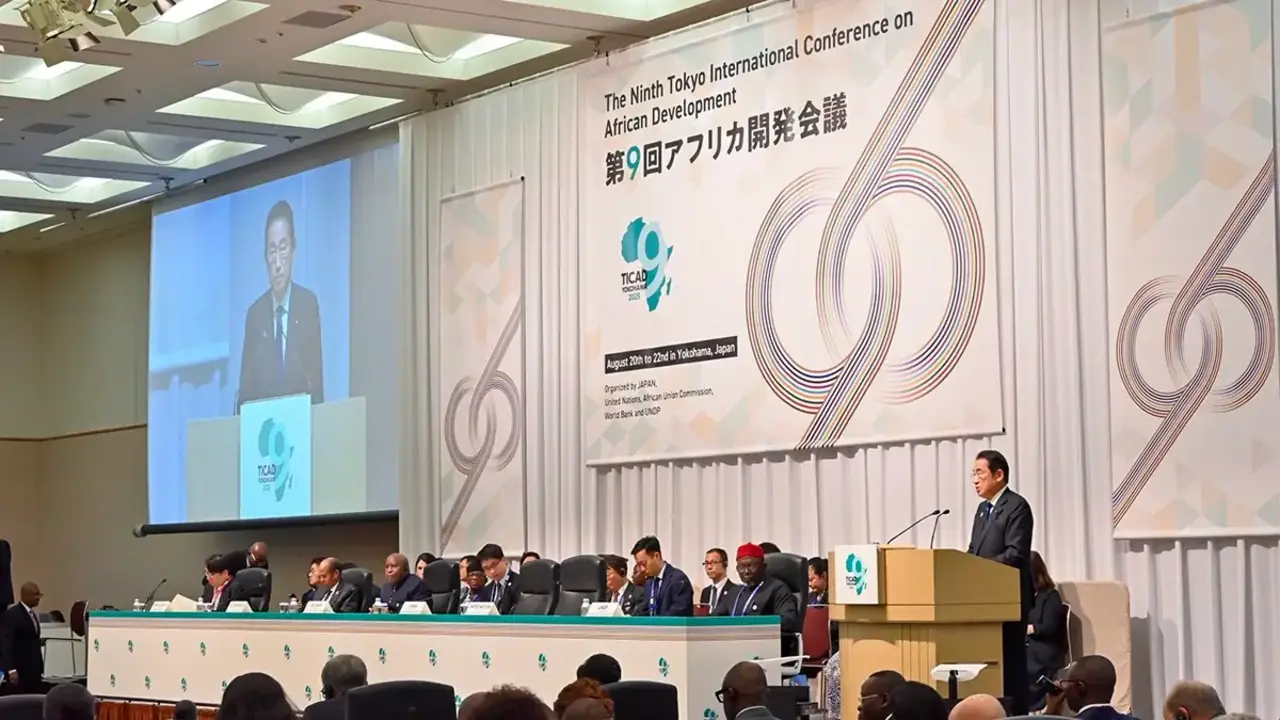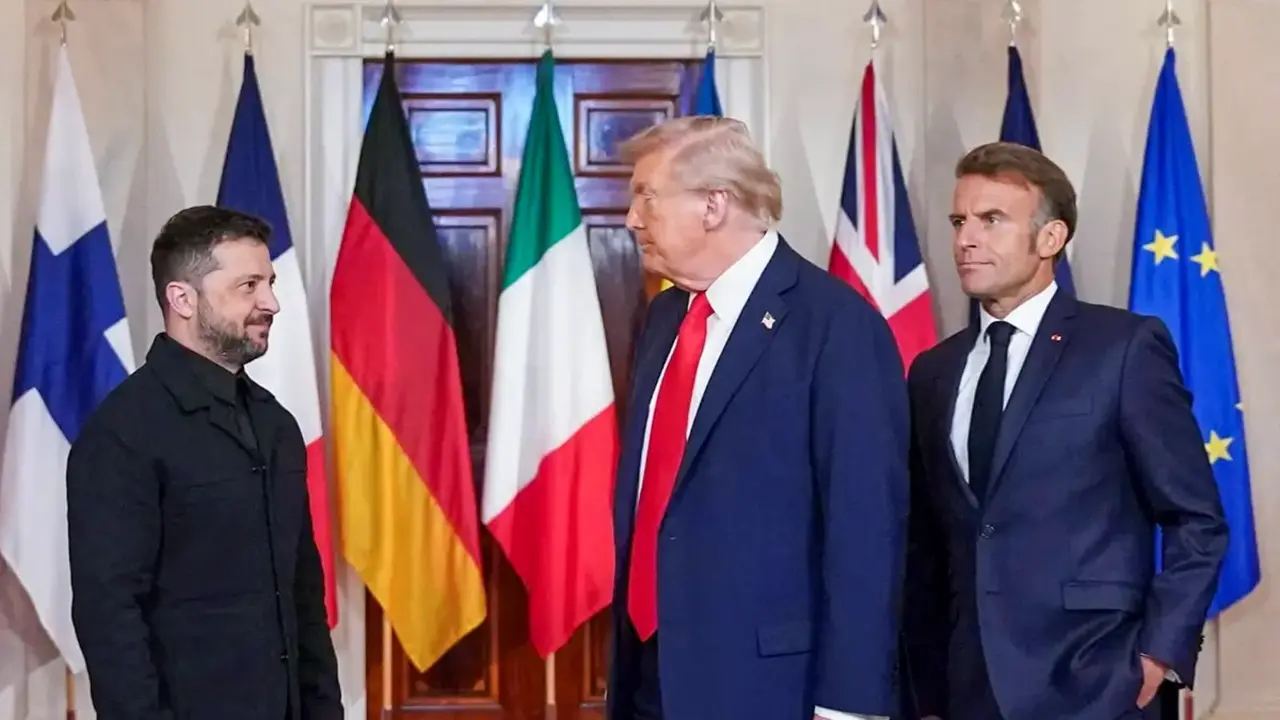War escalates in Libya after attack on Turkish positions in Al-Watiya

After two weeks of relative calm in the Libyan contest, which opened in 2011, fighting has intensified again after an unidentified force launched an air offensive on Sunday against Al-Watiya base, where Turkey had recently announced plans to build a military facility. The base had been reconquered in May by Ankara's ally, the Government of National Unity (GNA), led by Prime Minister Fayez Sarraj, an achievement that had dealt a severe blow to the ambitions of the rival faction, the National Liberation Army (LNA), commanded by Marshal Jalifa Haftar, to dominate the entire territory of the country, in a campaign that began in April 2019.
An official from the Turkish Ministry of Defence has confirmed that the attack against their positions "has damaged some systems at the air base", without specifying further details. However, a military source quoted in Turkish media has acknowledged that they received "9 precision air strikes against Turkish air defence systems", which had recently been installed at Al-Watiya, in one of the first phases of the development of the military base. The bombings "were successful", as they left "3 radars completely destroyed". As for personal injury, sources consulted by Al-Arabiya reported that "Turkish intelligence leaders were injured" and that "they were flown to hospitals in Tripoli and other facilities in Turkey". For its part, the local newspaper Libya Akhbar has reported the deaths of six Turkish officers, including a commander, although these reports have yet to be confirmed.

There are several hypotheses about the reasons for the attack: on the one hand, it would have been in response to the visit of a Turkish delegation led by the Minister of National Defence, Hulusi Akar, and the head of the General Staff, Yasar Guler, to the Libyan capital, Tripoli, this weekend. The objective of the trip had been to strengthen bilateral cooperation with the GNA, a framework that includes Turkey's plans to introduce Libya into its orbit of influence once the war is over, with the construction of two military bases or the penetration of the Eurasian nation's companies in the strategic sectors of the North African country, such as energy. At the end of the meetings, where Prime Minister Fayez Sarraj also participated, Akar also announced the creation of "joint military teams" on land, sea and air between the forces of the GNA and the Turkish Army. The minister, accompanied by his team, also visited the Turkish troops deployed on the warship TCG - currently in Mediterranean waters off the Libyan coast - which has become the centre of operations in Ankara for the Libyan war.
In a press conference held at the end of his visit to Tripoli, the Minister of Defence claimed "Turkish sovereignty and the return after the withdrawal of the ancestors to remain forever in Libya", a shocking message that was also accompanied by a controversial image, since he appeared before the media alone, without the presence of any representative of the ANG, and with the two flags of Turkey and Libya behind him at the same level.

This provoked the outbreak of demonstrations against Turkish interventionism in some of the LNA's fiefdoms, such as Benghazi, where hundreds of Libyans took to the streets to protest against the ambitions of the Eurasian nation in its territory, which they accuse of being a "new coloniser", according to statements collected by the Arab channel RT. Banners with caricatures of Turkish President Recep Tayyip Erdogan and messages such as "Libya is not for sale" also appeared. In addition, posters in support of the LNA and flags of Egypt, one of the main strongholds of this side, were seen at the protests. "We are against the Turkish conquest and against the ANC in Tripoli and, God willing, we will be victorious," one protester, Mona al-Farsi, said in a statement released by the Associated Press.
The second hypothesis is that the offensive was the result of a request from the Cyrenaica Council of Elders, which had asked the LNA, which they have shown their support, for a "demonstration of force against Turkey on July 5," according to The Political Room. This theory is supported by information published by the Nova agency, which reports that the Air Force Operations Room of the General Command of the LNA in Benghazi, Cyrenaica, "claimed to have hit the anti-aircraft systems installed by Turkey near Al-Watiya air base". According to this hypothesis, "the incursions would have begun from Al-Jufra airbase in north-central Libya, where mercenaries had controlled the Mig-29 and Sukhoi-24 transferred from Russia".

The Turkish officer who acknowledged the damage to the facilities has also blamed the LNA for the offensive, something that has neither been confirmed nor denied by Haftar's forces, beyond the information that the Nova agency has been given and that has yet to be verified. What does seem to be clearer is that French Rafale model fighter planes, which are part of the Egyptian Army fleet, have been involved in the attack, according to local media 218 News. The authorship of the offensive could therefore be attributed to the country led by Abdel Fattah al-Sisi, who two weeks ago sent a powerful message to Turkey, threatening it with direct military intervention if it did not stop its advance on Libyan territory and, specifically, on the geostrategic oil enclave of Sirte, currently under the control of the LNA.
However, the local media also consider that other countries allied with Haftar such as France or the United Arab Emirates (UAE), which also have Rafale fighters in their armed forces, may have been involved in the offensive.
The newspapers also do not rule out the possibility that the LNA itself may have been responsible. In fact, Marshal Khaled al-Mahjoub's army brigadier general said on Monday that "other attacks similar to the one on the base will soon be carried out" because "we are in a real war with Turkey, which has oil ambitions in Libya," Al-Arabiya said.

Barely 12 hours after the attack was reported, local sources have informed Al-Arabiya that a large number of Turkish troops who were deployed to Al-Watiya have begun to leave the facility. But in view of this "defeat", the Turkish Communications Directorate has published on its Twitter account an infographic highlighting the importance of Al-Jufra, where what is considered the largest air base in Libya, currently in the hands of the LNA and protected by two of the latter's allies, France and Russia, is located. "Why is the air base of Jufra important," is the title of the tweet. "It seems that the Turkish government is targeting Jufra after the attack on its assets in Al-Watiya," says analyst Samer Al-Atrush on the social network. This message from the Turkish leadership could give a glimpse of the new strategic movement that Turkey would be preparing in the Libyan conflict: the conquest of Al-Jufra, although at the moment it does not seem to have many options due to the reinforcement of the military presence of the LNA's partners.
For its part, the GNA, an invaluable ally of Ankara, has assured through its Deputy Defence Minister, Salah Al-Namroush, that they will "respond" to the offensive and that this will take place "at the right time and place", according to the Turkish news agency Anadolu.


